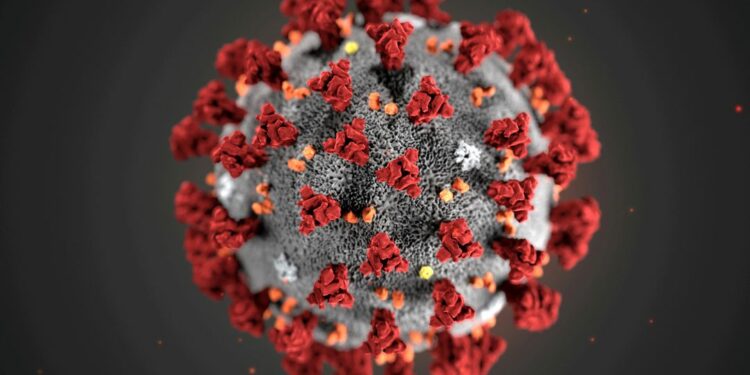The COVID-19 pandemic has caused millions of infections and deaths worldwide. Limited treatment options and the threat from emerging variants make it even more challenging. Researchers from CSIR-Institute of Genomics & Integrative Biology (IGIB), New Delhi; Translational Health Science and Technology Institute (THSTI); CSIR-Centre for Cellular and Molecular Biology (CCMB), Hyderabad; CSIR-National Chemical Laboratory, Pune; and the National Institute of Mental Health and Neurosciences (NIMHANS), Bengaluru, have worked on repurposing safe, affordable, and accessible drugs against COVID-19.
“On analysing over 5 million SARS-CoV-2 genomes (including many variants), we found these structural elements to represent in all variants. We discovered that FDA-approved drugs, chlorpromazine (CPZ) and prochlorperazine (PCZ), could lock these structural elements. This inhibited replication or multiplication of the viral RNA in human cells, leading to inhibition of COVID-19 infectivity in mammalian cells in the laboratory. Significantly, in COVID-19-infected hamsters CPZ and PCZ showed reduced viral load,” inform Dr Shuvra Shekhar Roy (the first author) and Dr Shantanu Chowdhury, the lead researcher.
The team used computational biology first to detect the novel structural elements in the SARS-CoV-2 genomes. They did a physical characterisation of how CPZ and PCZ bind to the structural elements and assays to understand how this binding affected viral load in human cells. They experimented with infected hamsters with CPZ and PCZ to understand their effect on disease severity.
“In our study we found CPZ and PCZ to be effective in hamsters against COVID-19, both in therapeutic and prophylactic ways. Based on results we recommend adequately designed clinical trials to check the effectiveness of these drugs in treating COVID-19 patients,” the researchers mention.
The study was supported by the Wellcome Trust/DBT India Alliance, AA laboratory from THSTI core, Translational Research Program (TRP), BIRAC grants, Department of Biotechnology (DBT), and DST-Scientific and Engineering Research Board (SERB). The findings have been published in Frontiers in Molecular Biosciences.
The team comprised Shuvra Shekhar Roy, Shalu Sharma, Zaigham Abbas Rizvi, Dipanjali Sinha Divya Gupta, Mercy Rophina, Paras Sehgal, Srikanth Sadhu, Manas Ranjan Tripathy, Sweety Samal, Souvik Maiti, Vinod Scaria, Sridhar Sivasubbu, Amit Awasthi, Krishnan H. Harshan, Sanjeev Jain, and Shantanu Chowdhury. (India Science Wire)


















Discussion about this post